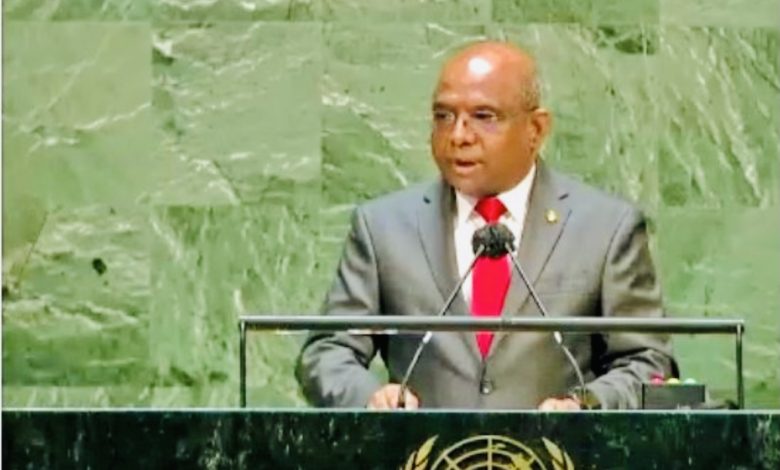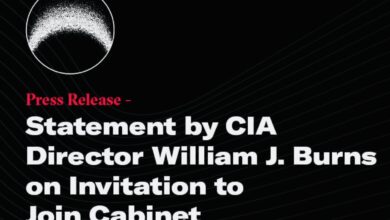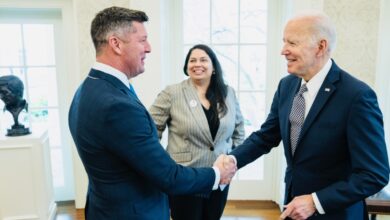Speech by the President of the 76th session of the United Nations General Assembly, Abdullah Shaheed, at the Global Forum on Disaster Risk Reduction.

New York- Rashad Alkhader – UN
REMARKS BY THE PRESIDENT OF THE Bismillahirrahmanirrahim.
Assalamu’alaikum Warahmatullahi Wabarakatuh, Selamat pagi,
Salam sejahtera bagi kita semua,
Om Swastiastu,
Namo Buddhaya,
Salam kebajikan
H.E. Bapak President Joko Widodo, President of the Republic of Indonesia,
Ms. Amina Mohammed, Deputy UN Secretary-General,
H.E. Wayan Koster, Governor of Bali,
Ms. Mami Mizutori, Special Representative of the Secretary-General on Disaster Risk Reduction,
Excellencies, Ladies and Gentlemen,
I would like to extend my sincere appreciation to the Government of Indonesia for hosting the Global Platform on Disaster Risk Reduction, as well as commend both Indonesia and UNDRR on this joint endeavor.
This seventh Global Platform takes place in the midst of the global recovery from the COVID- 19 pandemic; a pandemic that has exposed how underlying vulnerabilities and inequities have catastrophic consequences for the most exposed across the world.
And whether it is pandemics or landslides, prevention and risk reduction are essential to saving lives and to ensuring a sustainable future for all.
I therefore welcome this year’s theme: “From Risk to Resilience: Towards Sustainable Development for All in a COVID-19 Transformed World”.
Excellencies,
If there is one thing that we have learned from COVID-19, as well as from the ongoing climate crisis, it is that it is those who are furthest behind who suffer the hardest, who wait the longest, who are deprived of development gains that are, far too often, wiped away by whatever crisis comes their way.
Our recovery from the pandemic must reflect this knowledge.
Resilience must be our mantra.
Every new building, every new social programme, every budget and every initiative must be designed and executed in a way that reduces risk. It must be embedded into everything we do, from the very beginning, and cross-checked at each step of the way.
And the importance, no, the necessity, of this will only increase.
Disasters and hazards associated with climate change are on the rise. Urbanization continues to present new challenges.
The conflict in Ukraine is fueling the threat of famine.
And social systems are strained under the pressures of a pandemic that continues, more than two years after it began.
We must work to address the vulnerabilities that exist while at the same time preparing for those shocks that may yet emerge.
This requires us to invest in a transformative recovery that amends gaps in economic policy, in social support, in environmental regulations, and in production and consumption.
Everything about the way we live on this planet must now be seen through a precautionary lens, ever mindful of the volatility that exists, and laser focused on covering gaps and strengthening defenses.
Such a transformative recovery requires more than policy, it requires whole-of-society ownership.
The private sector must join us in this regard, and not only because it is the right thing to do, but because it is the smart thing to do. Investments, from whatever source they come from, must be risk-informed and resilient.
As I stated last year, at the climate event that I convened in September, the insurance sector is a vital and insufficiently tapped partner, especially given the sector is acutely aware of increasing risks. We must do more to engage this sector on the global level to achieve the levels of change we want, while reducing disaster risk and systemic cascading risks.
Excellencies, Dear friends,
on best practices in disaster risk governance, and to recommit to enshrining disaster risk reduction across all areas of policy and practice, and to back this with necessary resources.
On this point, I must commend our host government.
Indonesia is highly vulnerable to natural hazards, yet has proactively invested in its disaster risk reduction efforts, emerging as a world leader in this regard. There is much to be learned from the Indonesian model.
Dear friends,
The COVID-19 crisis has shown that disaster risk reduction is everybody’s business. I urge governments and stakeholders to promote a culture of risk reduction and resilience building at home.
This includes nurturing young academics, scientists, and professionals working on disaster risk reduction.
It includes adopting legislation and creating incentives for the private sector, both domestic and international, to ensure their business operations reduce rather than create risk.
It involves enforcing regulations for resilient infrastructure; resilient health and education systems.
And it ensures the empowerment and mobilization of parliamentarians, local governments, community leaders, and women and local communities, as advocates for disaster risk reduction.
EMBARGOED UNTIL 24 MAY
This Platform is a moment for governments, the UN system, and stakeholders, to reflect on best practices in disaster risk governance, and to recommit to enshrining disaster risk reduction across all areas of policy and practice, and to back this with necessary resources.
On this point, I must commend our host government.
Indonesia is highly vulnerable to natural hazards, yet has proactively invested in its disaster risk reduction efforts, emerging as a world leader in this regard. There is much to be learned from the Indonesian model.
Dear friends,
The COVID-19 crisis has shown that disaster risk reduction is everybody’s business. I urge governments and stakeholders to promote a culture of risk reduction and resilience building at home.
This includes nurturing young academics, scientists, and professionals working on disaster risk reduction.
It includes adopting legislation and creating incentives for the private sector, both domestic and international, to ensure their business operations reduce rather than create risk.
It involves enforcing regulations for resilient infrastructure; resilient health and education systems.
And it ensures the empowerment and mobilization of parliamentarians, local governments, community leaders, and women and local communities, as advocates for disaster risk reduction.
Ladies and gentlemen,
One year from now, we will meet in New York, for the Midterm Review of the Sendai Framework for Disaster Risk Reduction.
Let us accelerate our efforts towards the achievement of the priorities of the Sendai Framework, understanding risk, planning for risk, and reducing risk. Let us join efforts to build back better!
Together, we can make our world safer, more prosperous, for everyone. I thank you, Terima





